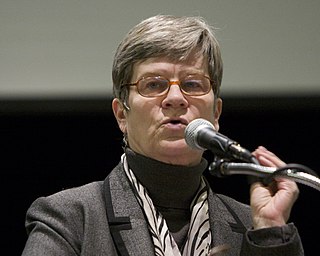A Quote by Kofi Annan
UN is made even more complex by the constant interplay of politics and bureaucracy and can certainly be bewildering for a novice.
Related Quotes
For me, friendship has always been the most accessible of relationships - certainly far more so than romantic love. Friendship, I learned, provided a buffer in the interplay of emotions, a distance that made the risk of intimacy bearable, a space that allowed the other person to remain safely another person.
The physicist is like someone who's watching people playing chess and, after watching a few games, he may have worked out what the moves in the game are. But understanding the rules is just a trivial preliminary on the long route from being a novice to being a grand master. So even if we understand all the laws of physics, then exploring their consequences in the everyday world where complex structures can exist is a far more daunting task, and that's an inexhaustible one I'm sure.
When a man has his heart in the right place and good taste, he can not only do well in politics but is even predetermined for it. If someone is modest and does not yearn for power, he is certainly not ill-equipped to engage in politics; on the contrary, he belongs there. What is needed in politics is not the ability to lie but rather the sensibility to know when, where, how and to whom to say things.
Network news accustoms audiences to assertion not argument. Over time, it reinforces the notion that politics is about visceral identification and apposition, not complex problems and their solutions. ... sound bites aren't very helpful. They can tell a voter what a candidate believes, but not why. And many issues are too complex to be freeze dried into a slogan and a smile. ... What's lost in a world in which everything's an ad? Perhaps the country that created the assembly line has simply found a more efficient way to do politics.
Constant conflict is actually often good politics. Because the more you can inflame your supporters the more likely they are to show up at election day. And if they're more inflamed than the other side, even if the other side has more people agreeing with it, you'll win, because your crowd will show up.











































